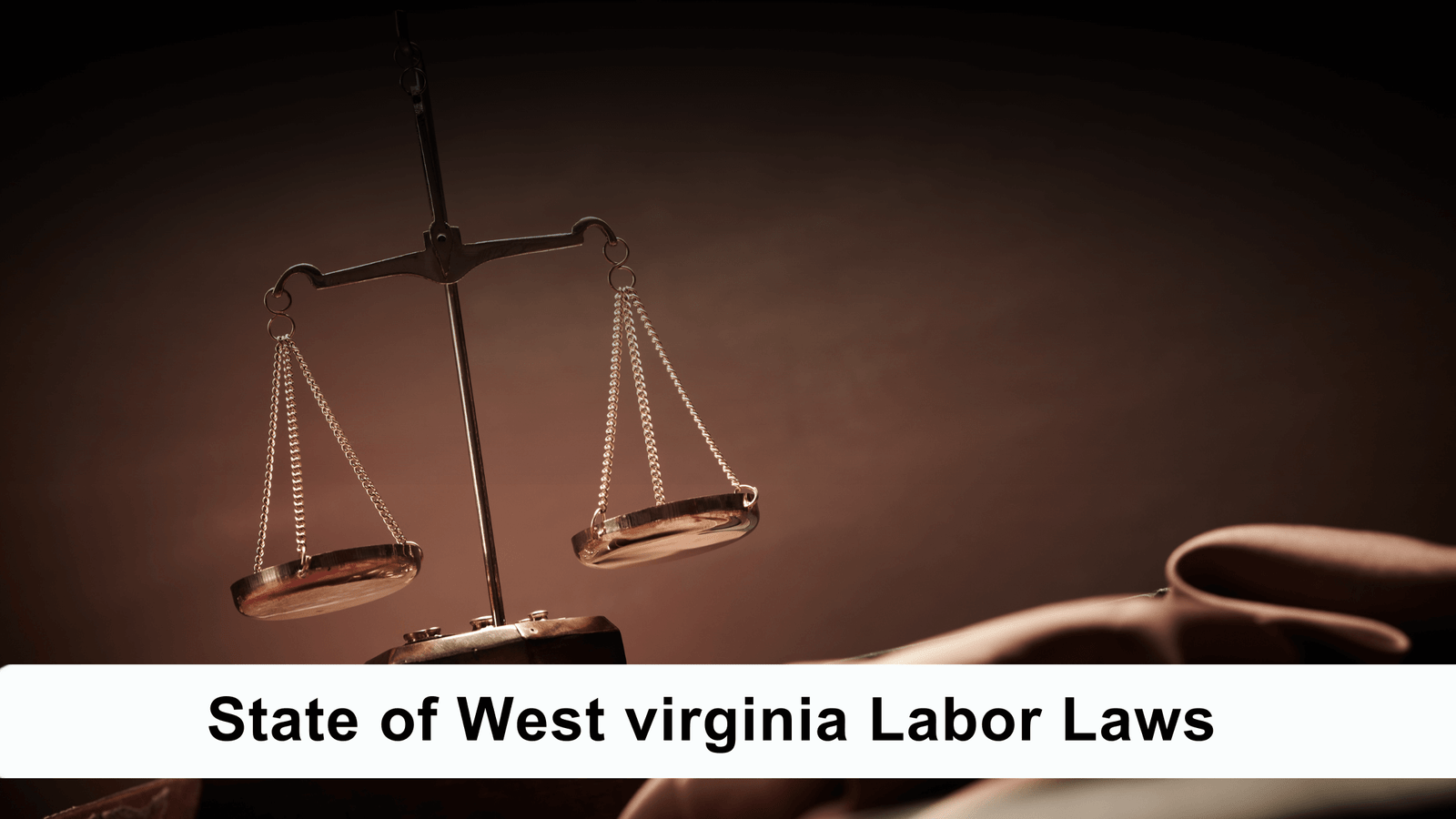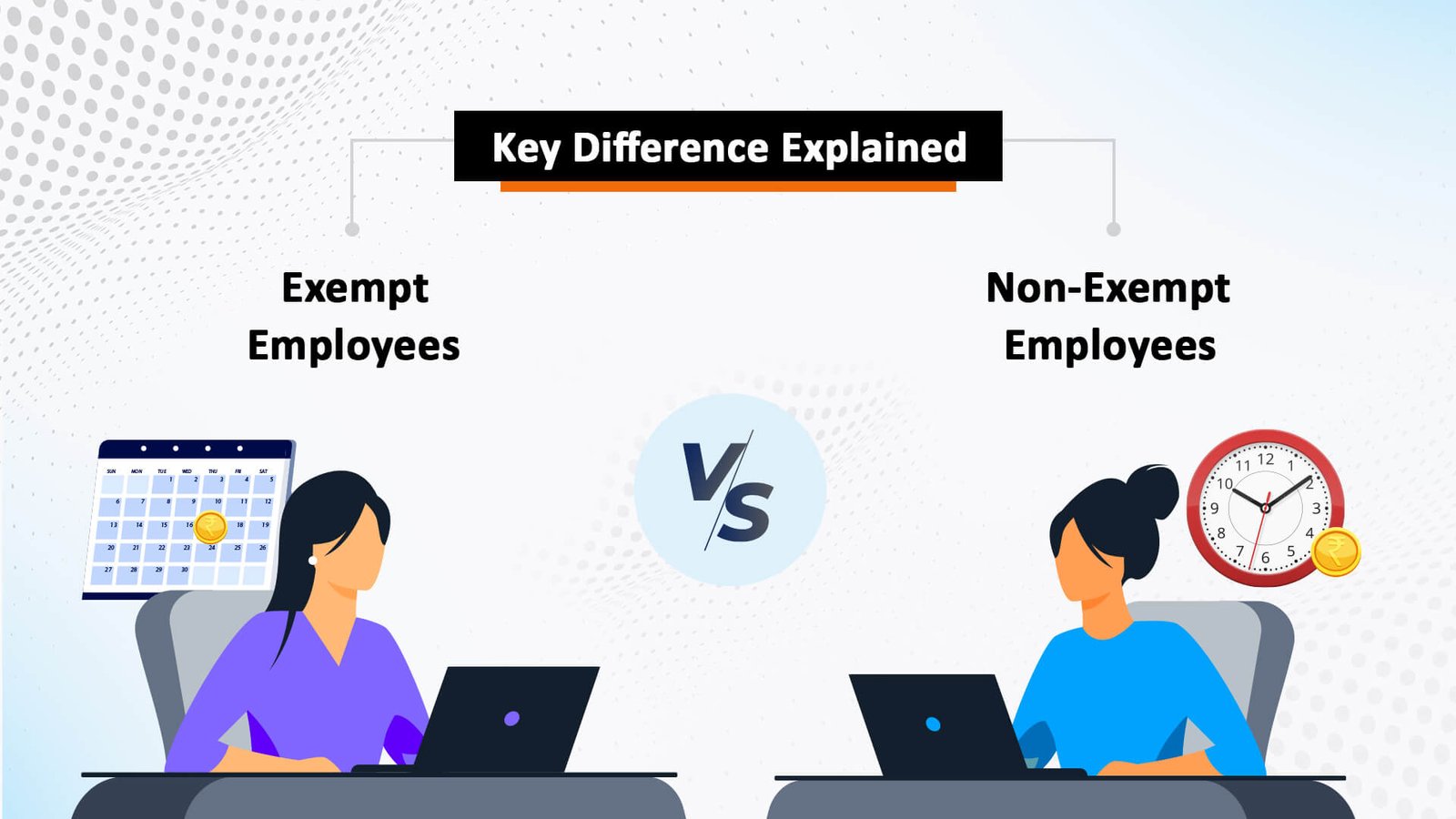West Virginia labor laws exist to create an environment in which both employees and employers can thrive safely and equally. While federal laws provide the starting point, state laws add additional mandates and protections that companies must follow.
West Virginia law strikes a balance between upholding workers’ rights and providing an environment conducive to doing business.
Standard Working Hours & Wages
Compensation and working hours form the cornerstone of West Virginia labor law for salaried employees, as they receive appropriate remuneration for their labor. West Virginia has laws that regulate minimum wage requirements, overtime payments, and working hour requirements – this ensures employees receive just pay.
Minimum Wages
West Virginia currently has a state minimum wage rate of $8.75 per hour for employers with at least six non-exempt workers at one permanent work site; otherwise, the federal minimum wage of $7.25 applies instead.
West Virginia law permits employers to pay all counties and cities an identical minimum wage of $6.40 an hour as the state minimum wage; however, certain exemptions exist for executive and administrative employees. Furthermore, employers can offer youth training wages to employees aged 20 or younger for up to 90 days of employment as part of West Virginia’s Youth Training Wage Act.
Overtime Laws
In West Virginia, overtime is computed at 1.5 times the regular rate for any hours worked more than 40 in a workweek. The state’s overtime laws typically follow the federal Fair Labor Standards Act (FLSA), making sure that non-exempt employees are properly paid for overtime.
Yet West Virginia’s particular overtime regulations exist only under limited circumstances: they apply to businesses with six or more employees at a fixed work site not otherwise entirely covered by federal legislation, and where 80% of the workers do not qualify for FLSA overtime protections individually.
Tipped Minimum Wages
Employers in West Virginia may pay their tipped employees a minimum direct wage of $2.62 an hour if their earnings reach at least the applicable minimum wage, either $8.75 for state employees and $7.25 under federal law.
If an employee falls below this minimum amount in tips, their employer must make up any shortfall by paying extra in tips to cover it.
Meal And Rest Breaks
In West Virginia, employers are required to allow employees a meal or rest break of at least 20 minutes every 6 hours of work or more. If an employee can eat while at work, no break time is required, and these 20 minutes can be taken in small chunks throughout the shift.
16-17-year-olds are treated as adults when it comes to meal and rest breaks, while those under 16 are eligible for a 30-minute break for meals if their work exceeds five consecutive hours.
West Virginia labor laws do not mandate additional break periods for adult employees; however, companies often provide short breaks throughout their shift to keep workers engaged, safe, and effective during physically demanding occupations. This practice can be especially beneficial when engaging in physically demanding professions where additional breaks can help ensure workers remain focused, safe, and effective during their shift.
Leave Laws In West Virginia
| Type of Leave | Details |
| Family and Medical Leave (FMLA) | West Virginia employers with 50 or more employees must comply with the Family and Medical Leave Act (FMLA), providing eligible employees up to 12 weeks of unpaid leave each year for serious health conditions, childbirth/adoption, or caring for sick family members.
Employees must have been employed at their current employer for 12 months or longer and worked at least 1,250 hours within the previous year to qualify. |
| Vacation Leave | Private employers do not legally need to offer paid or unpaid vacation time.
Employers that offer vacation benefits must honor the terms of employment contracts or company policies when providing vacation benefits, which could include vacation leave. |
| Holiday Leave | While employers may provide holiday leave as a benefit for public holidays, there is no legal guarantee of time off or extra pay during public holidays.
Employers may provide it as an added perk; however, this option isn’t mandatory. |
| Parental Leave | Employees are entitled to up to 12 weeks of unpaid parental leave upon the birth or adoption of a child.
The leaves are providing for the care of a dependent with serious health needs, or after all personal or vacation time has been utilized. |
| Jury Duty Leave | Employees cannot be fired or punished for serving on juries, with time off for jury duty protected but not necessarily paid out as part of compensation packages. |
| Military Leave | Employees serving in the armed forces are entitled to return to their same position with equal seniority and benefits after finishing military service, under federal law. |
| Pregnancy and Disability Leave | Employers must make reasonable accommodations to enable employees with pregnancy or childbirth-related conditions to work safely, including providing paid sick leave at their discretion.
Although West Virginia doesn’t mandate paid or unpaid sick leave policies for employers, providing them should not be done so involuntarily. |
Child Labor Laws
West Virginia’s minimum working age for minors is 14. Those under 14 may work in limited capacities such as delivering newspapers, helping their parents, or doing farm work; however, they cannot perform hazardous occupations such as manufacturing explosives.
It is the employer’s duty to maintain accurate records and comply with state and federal law when employing staff.
Health And Workplace Safety
The West Virginia Human Rights Commission oversees state-level antidiscrimination laws. Employees who believe they have been subjected to discrimination or harassment can file a complaint with them within 365 days, which will then be investigated, sought for resolution conciliation sought and hearings convened if necessary.
Workers in West Virginia are protected against discrimination and harassment by both state and federal laws. The West Virginia Human Rights Act outlaws employment discrimination based on several criteria, such as race, national origin, disability status, age, or blindness.
These protections extend to every aspect of employment, such as hiring and firing decisions, promotions, compensation structures, and workplace conditions.
Taxes in Virginia
Taxes in Virginia Virginia’s tax system features a graduated state income tax for individuals, with rates ranging from 2.00% to 5.75% depending on income levels. Businesses within the state are subject to a corporate income tax of 6.0%.
Do You Want To Generate The Paystub Without Manual Efforts? – Check Stub Creator
Manually creating paystubs might seem straightforward at first, but it quickly becomes time-consuming and laborious. From calculating gross pay, deductions, taxes and formatting everything correctly to correcting small mistakes which confuse employees or compliance risks for businesses, this manual effort wastes valuable time while decreasing efficiency.
Modern payroll tools, like a free paystub generator, make the payroll process seamless by automating calculations and producing ready-to-use paystubs – eliminating errors or wasted hours on repetitive paperwork and taking the burden off employers.
Opting for Stub Creator means investing in clarity, professionalism, and peace of mind. We can help your business focus on running without worrying about time-consuming payroll documentation tasks.
Curious Minds Also Ask
How many hours can you work in WV without a break?
Employees in West Virginia working 6 or more consecutive hours must receive at least a 20-minute lunch break, unless allowed to eat while working.
What are the labor laws in West Virginia?
West Virginia labor laws address minimum wage (either $8.75 for qualifying employers or the federal $7.25), overtime at 1.5 times the regular rate after 40 hours per week, required meal breaks, child labor restrictions, and workplace safety rules, as well as protections against discrimination or retaliation.
How many days in a row can you work without a day off in West Virginia?
West Virginia does not impose restrictions on how many consecutive days adults can work, although overtime laws and employment agreements must be observed.
What are the termination laws in West Virginia?
West Virginia is an “at-will” employment state, meaning employers may discharge employees at any time for any reason without incurring liability under anti-discrimination or other protection laws.
Do you get unemployment if you get fired in WV?
Employees fired due to reasons other than misconduct may still qualify for unemployment benefits; those dismissed for such behavior typically do not.
Does WV require PTO to be paid out?
Employers in West Virginia are not legally required to offer paid time off (PTO), but if their policies or contracts stipulate payout upon termination, then they must honor those promises.
What reasons can you be denied unemployment in WV?
Unemployment benefits can be withheld for misconduct such as quitting without good cause, refusing suitable work opportunities, engaging in fraudulent activities, or not meeting job search requirements.
What are the labor laws in WV?
West Virginia labor laws cover minimum wage, overtime pay, breaks for employees who work without compensation, child labor laws, unemployment benefits and rights, equal employment rights, as well as workplace safety, in addition to federal protections.
Is 30 hours full-time in WV?
Under federal health insurance rules, 30 hours per week constitutes full-time work.
What is the WV Workplace Freedom Act?
West Virginia Workplace Freedom Act is its right-to-work law, meaning employees cannot be required to join or pay union dues as a condition of employment.
How long do you have to work in WV to get unemployment?
To be eligible for unemployment benefits, workers must earn enough in their base period – typically the four of the last five completed calendar quarters before filing.
What jobs are in demand in WV?
West Virginians are currently looking for jobs in healthcare, skilled trades, education, trucking, energy technology, and manufacturing – areas that have high employment needs in West Virginia.
Can you draw unemployment in WV if you get fired?
Workers who have been terminated from employment without being guilty of misconduct may qualify for unemployment benefits.
How much does WV unemployment pay?
As per West Virginia Laws, West Virginia unemployment benefits range from $24 to $424 weekly for up to 26 weeks of support, depending on past earnings.
FAQ's
What is the minimum wage in West Virginia for 2025?
+
As of 2025, West Virginia’s minimum wage is $8.75 per hour, which applies to most employees. Tipped employees may have a lower minimum wage, provided their tips bring them up to the standard minimum. Employers must ensure employees are paid at least the state-mandated minimum wage.
How many hours constitute overtime in West Virginia?
+
West Virginia follows the federal overtime rules under the Fair Labor Standards Act (FLSA). Employees must be paid 1.5 times their regular rate for all hours worked over 40 hours in a workweek. Certain exempt positions, such as salaried managers and professionals, may not qualify for overtime.
Are there specific labor laws regarding breaks and meal periods?
+
West Virginia does not require private employers to provide meal or rest breaks. However, if breaks are offered and are 20 minutes or less, they must be paid. Employers are encouraged to clearly outline break policies in employee handbooks to avoid disputes.
What protections exist against workplace discrimination?
+
West Virginia law prohibits discrimination based on race, color, religion, sex, age, national origin, disability, and genetic information. Employees who believe they have experienced discrimination can file a complaint with the West Virginia Human Rights Commission or the U.S. Equal Employment Opportunity Commission (EEOC).





